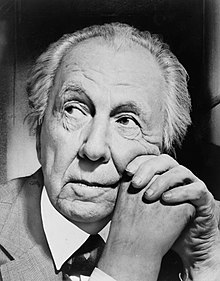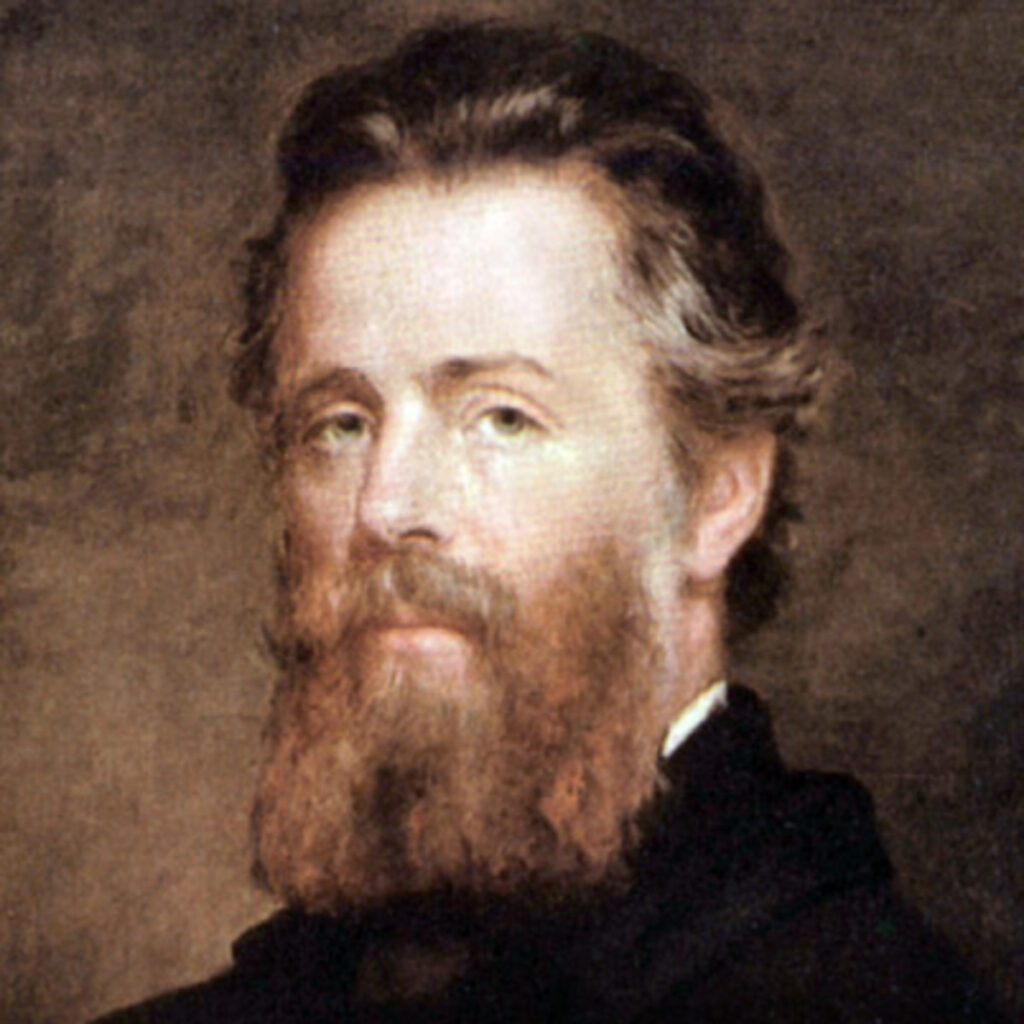Frank Lloyd Wright

Famous as the architect of buildings that broke the mold of the day, Frank Lloyd Wright was a lifelong Unitarian and the designer of several Unitarian meeting houses. His iconic and more familiar works include the Guggenheim Museum in New York City and Fallingwater, a residence which has been called the best work of American architecture of all time.
Not only did Wright design the exterior of the buildings and interior infrastructure, he designed windows, furniture and other small details in a style which would become known as the Prairie School.
He and his wife Olgivanna started the Taliesin Fellowship in Wisconsin and later Taliesin West in Arizona. The purpose of the institute was to teach both architectural and spiritual principles. The goal of the Fellowship was, according to Wright, “to develop a well correlated, creative human being with a wide horizon but capable of effective concentration of his faculties upon the circumstance in which he lives.”
The basic educational philosophy was “learning by doing.” Students converted all the Fellowship buildings by hand and helped farm the land in what was envisioned as a total educational concept.
Wright’s Unitarian background began with his father who had been a Baptist minister but changed to Unitarian. His mother’s family was Unitarian and his uncle was Jenkin Lloyd Jones, an important figure in the spread of the Unitarian faith in the Midwest.

Frank Lloyd Wright Read More »





